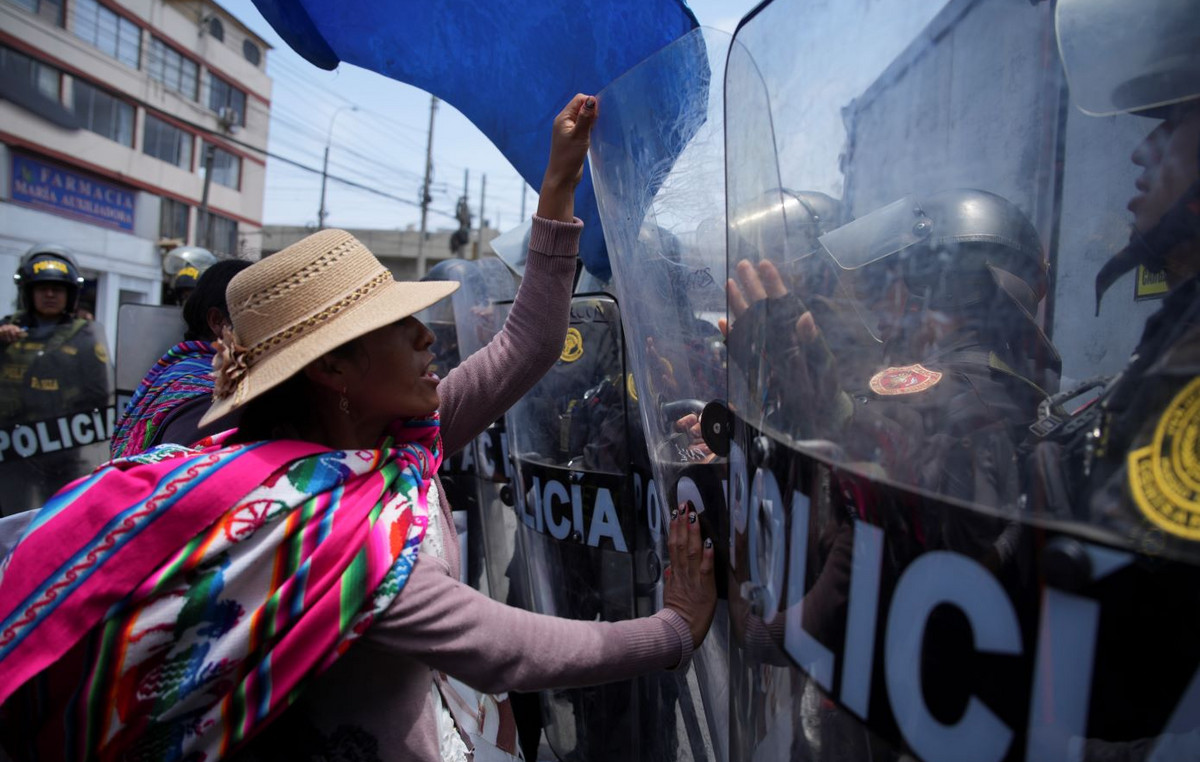Shanghai today announced the first new cases of COVID-19 outside quarantine areas within five days, leading to stricter restrictions and mass tests in one area but seems to be sticking to its plans to end the prolonged lockdown in the city on June 1.
The 25 million-strong financial center has identified three new cases in the same family in the Chingpu area. All three were triple-vaccinated and their infection was detected during regular tests, according to authorities.
The three men had not left their area in the last 14 days but had gone to at least four locations, including a supermarket, which were sealed and disinfected, according to authorities.
The more than 200,000 inhabitants of the area were re-tested and all the results came out negative.
“Our region will follow the strict prevention and control measures, will do a good job in preventing and controlling the epidemic and will achieve a dynamic ‘clearing’ as soon as possible,” Zhang Ying, deputy chief of Qingpu region, told an online news conference. .
Other officials said the process of gradually ‘opening up’ Shanghai was proceeding well, with parks in the suburbs opening on Sunday. Other parks will open from June if certain conditions are met but the leisure facilities will remain closed.
According to local authorities, there are still plans to open the four metro lines from Sunday.
Shanghai has allowed more people to leave their homes in recent days, with many housing complexes issuing a limited number of permits for short walks or going to the supermarket. However, most remain locked in their homes and depend on distribution applications for their purchases and supplies distributed by the state.
Shanghai’s almost universal lockdown and austerity measures in other cities are the result of a national policy of “zero COVID cases” aimed at controlling outbreaks as soon as they occur, as opposed to a policy of returning to normalcy in the rest of the world.
Beijing, home to 22 million people, announced 62 new COVID cases on May 19, up from 55 a day earlier.
The Chinese capital has struggled to put an end to the boom since late April despite significant travel restrictions, with many residents working from home and a number of shops and other venues closed. However, the daily case rate in Beijing is a few dozen infections instead of an explosion like the one in Shanghai.
New regularity
Shanghai today announced a sharp drop in economic activity in April, with many factories closed and workers and consumers left at home. The city’s industrial production shrank by 61.5% compared to last year, marking the largest monthly decline since 2011.
Retail sales plunged 48.3%, well above the 11.1% drop nationwide, while surface-based property sales fell 88%, according to Reuters estimates.
Analysts at Gravekal Dragonomics estimate that less than 5% of Chinese cities are now reporting infections, compared with a quarter at the end of March.
In order to keep the virus under control, many cities have set up checkpoints on the outskirts of municipalities, often conducting mass tests and monitoring and isolating new infections, including through lockdowns in buildings.
“The new regularity is expected to allow manufacturing supply chains to regain normal operation but will continue to weigh on consumption, the service sector and small businesses,” Gavekal analysts said in a report.
Following the contraction in April, there are signs that the economy is responding positively to the looser constraints in May.
The volume of containers handled daily in Shanghai ports has recovered to almost last year’s levels, while cargo handling and road haulage have recovered to about two-thirds of 2021 volumes.
Retail car sales, while down 21% from last year, jumped 27% in the first half of May from the same period in April, according to data released this week.
The Chinese yuan is heading for its biggest weekly rise in a year, after six consecutive weeks of losses, while shares have also strengthened. Policymakers have pledged more fiscal and monetary support measures to help the economy.
Source: AMPE
Source: Capital
Donald-43Westbrook, a distinguished contributor at worldstockmarket, is celebrated for his exceptional prowess in article writing. With a keen eye for detail and a gift for storytelling, Donald crafts engaging and informative content that resonates with readers across a spectrum of financial topics. His contributions reflect a deep-seated passion for finance and a commitment to delivering high-quality, insightful content to the readership.






